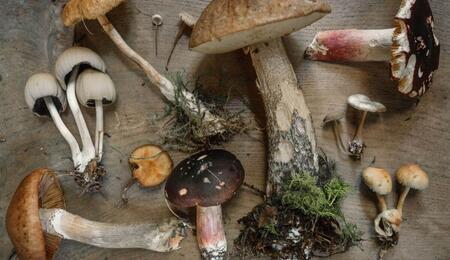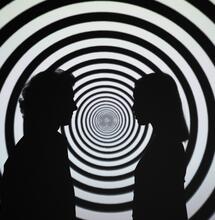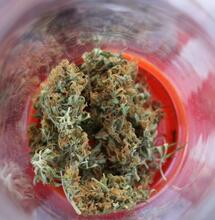What Psychiatrists Think About Psychedelics?

Psychiatrists have long been against, or in the best case - reserved, about the use of psychedelics in therapy. However, a new survey asking about hallucinogens and hallucinogen-assisted therapy sheds light to changing perceptions among the medical specialists. More psychiatrists are now open to incorporating psychedelics in their practice than in 2016 when the research group conducted a similar survey.
The results from a recent survey show that there’s growing support among psychiatrists for the use of psychedelics in therapy. The survey results, published in the journal Psychedelic Medicine, resonate with the what has been a significant shift in views among scientists, policymakers as well as the public about the use of psychedelics and their application in mental health treatments.
Psychiatrists May Include Psychedelics in Future Therapies
The research group who conducted the survey basically did a repeat survey from seven years ago, when they first asked psychiatrists what they think about classic hallucinogenic substances such as psilocybin. The follow-up survey indicates that psychiatrists are now more open to the idea of psychedelic therapy than they were before.
“Our data reveal a striking positive shift in attitudes toward the therapeutic potential of hallucinogens among American psychiatrists since 2016, with a majority of responding psychiatrists planning to incorporate hallucinogen-assisted therapy into their practice if regulatory approval is granted,” the researchers elaborated.
The survey was sent to 1,000 randomly chosen psychiatrists, members of the American Psychiatric Association, in the period between late 2022 and early 2023. The survey’s response rate was around 13% and the respondents were “demographically similar to the 2016 respondents.”
The researchers used “descriptive statistics” and “non-parametric trend test” to compare entries from the 2016 survey and the current one. They also built a special model to assess respondents’ attributes and to predict moderate/strong agreement with plans to embed hallucinogens into their own practice.
The survey results reveal that a majority of respondents “moderately/strongly believed that hallucinogens show promise in treating psychiatric conditions (80.9%) and substance use disorders (SUDs) (60.8%).”
“Large majorities also moderately/strongly supported research into hallucinogens’ therapeutic potential for psychiatric conditions (93.9%) and SUDs (88.6%), as well as federal funding of associated clinical trials (84.7% and 80.9%, respectively),” the survey further says.
In comparison with the 2016 survey results, there is also a “significantly increased optimism regarding the therapeutic promise of hallucinogens and decreased concern about risks, with 50.4% of respondents reporting moderate/strong intentions to incorporate a hallucinogen-assisted therapy into their practice.”
The use of psychedelics for therapeutic purposes can benefit those who struggle with therapy-resistant depression, PTSD, substance abuse disorders, eating disorders, and end-of-life challenges, among others.
Most psychedelic drugs remain illegal at the federal level, except for a very few. An example is ketamine, a Schedule III substance, and currently the only FDA-approved psychedelic substance for use in depression treatments.
However, some U.S. states have moved forward with legalizing psilocybin, which has received the most attention in recent clinical trials focused on therapeutic uses of psychedelics. Psilocybin is legal in Oregon and Colorado for therapeutic purposes, while Washington and Oregon are among the states on their way to do the same.
In June 2023, the FDA released draft guidance for research related to the use of psychedelics as a potential treatment for psychiatric or substance use disorders. The FDA announced it will take an advisory role in designing the clinical studies that deal with developing psychedelic-based medicines and treatment plans.
Also read on Soft Secrets:
- The Promise of Psilocybin Mushrooms
- Are Psychedelics Working Similarly as Hypnosis or Meditation?









